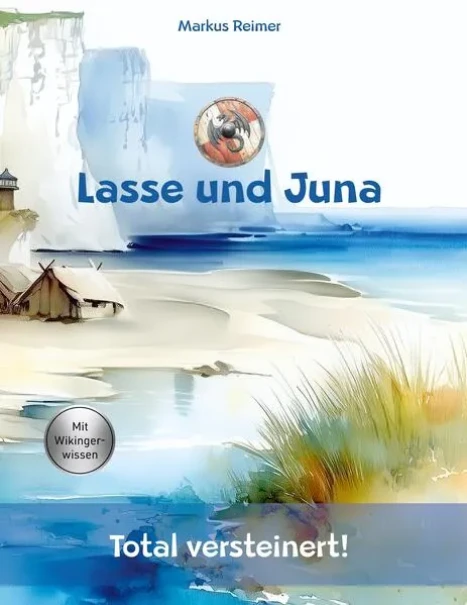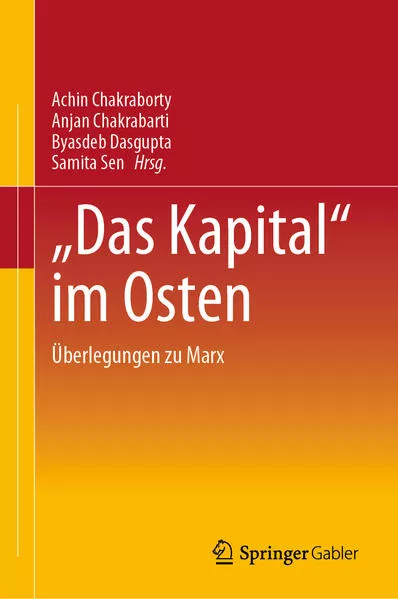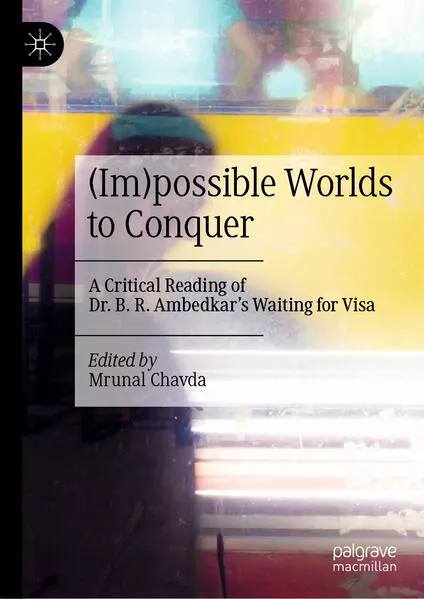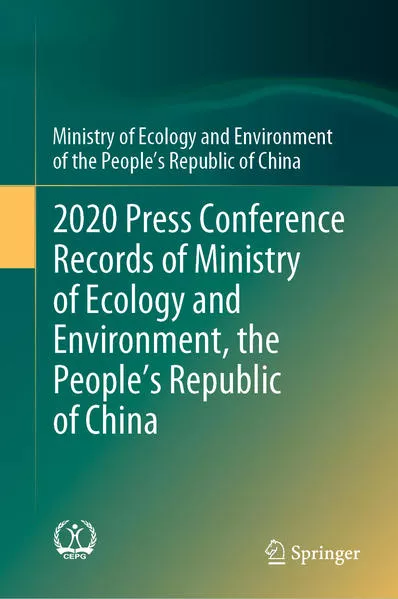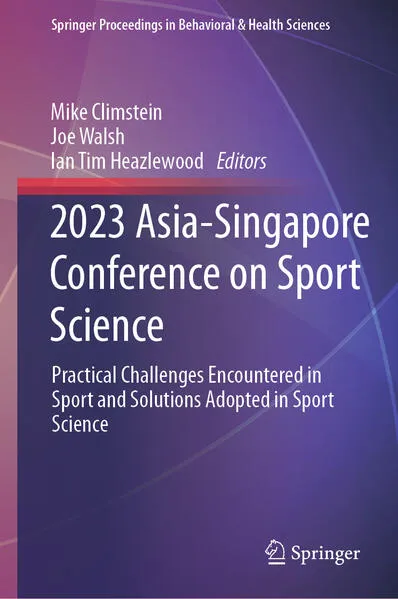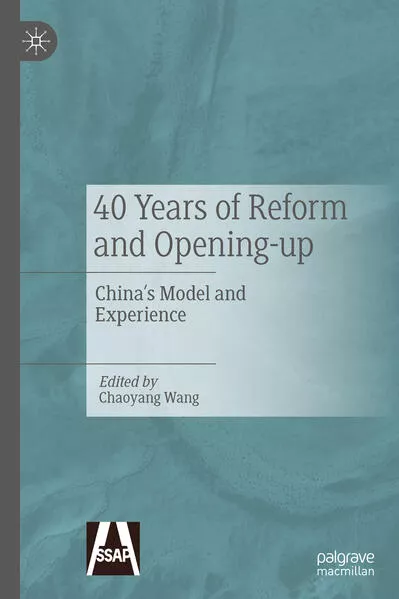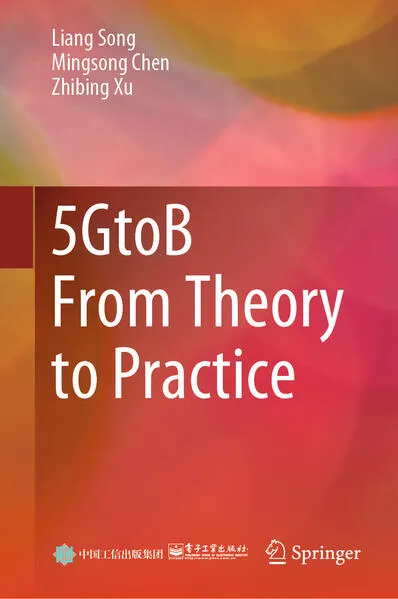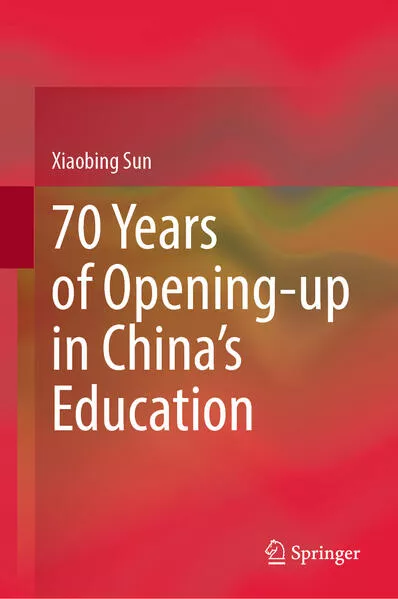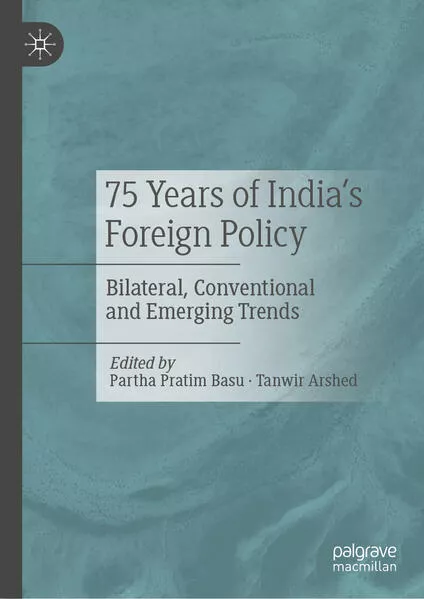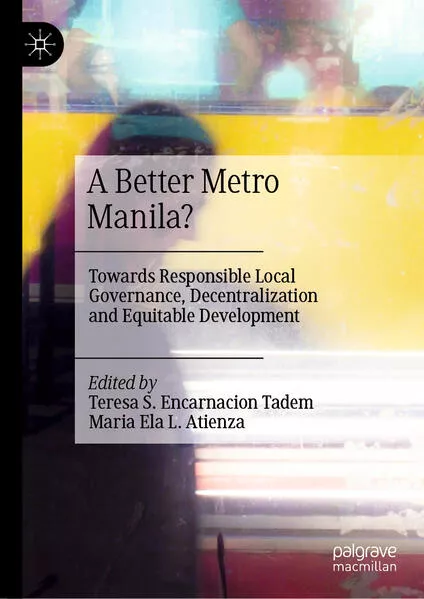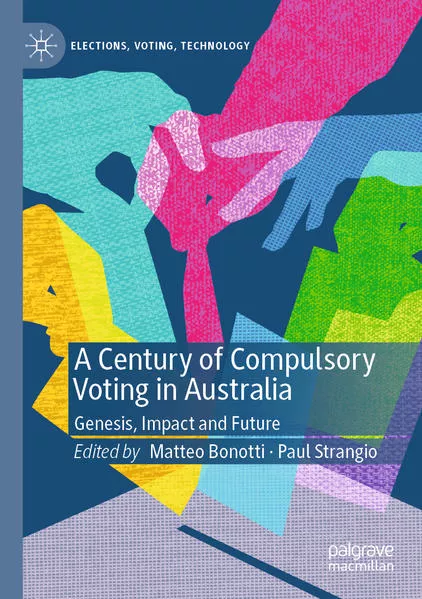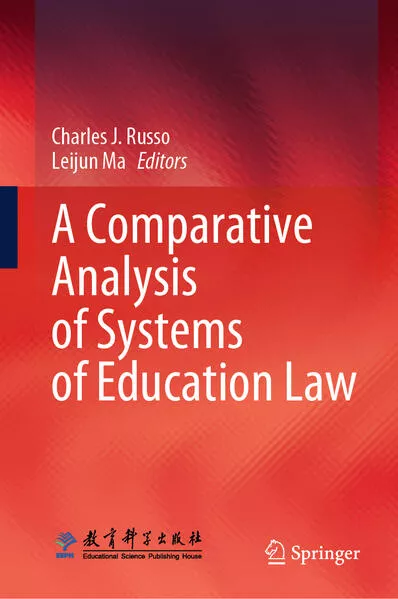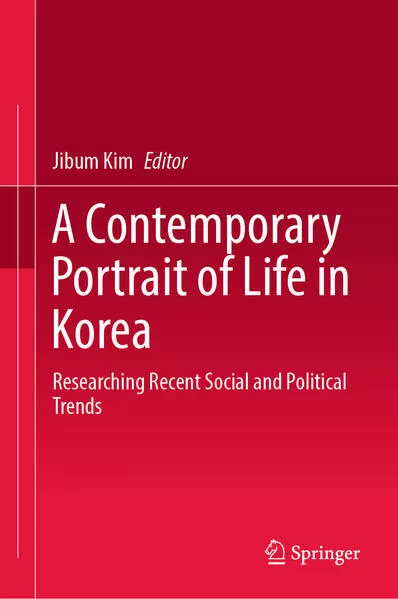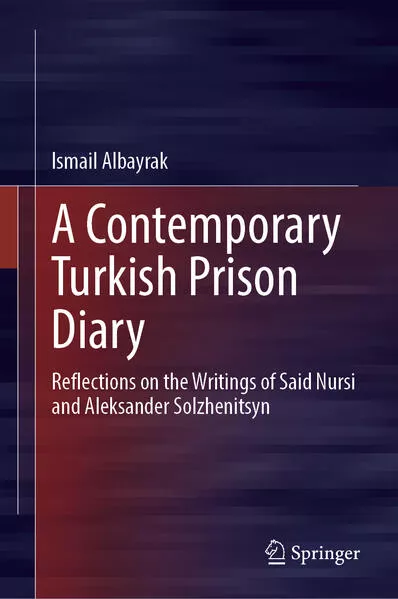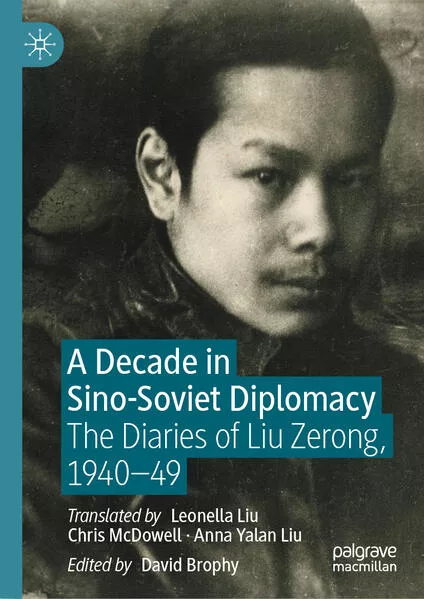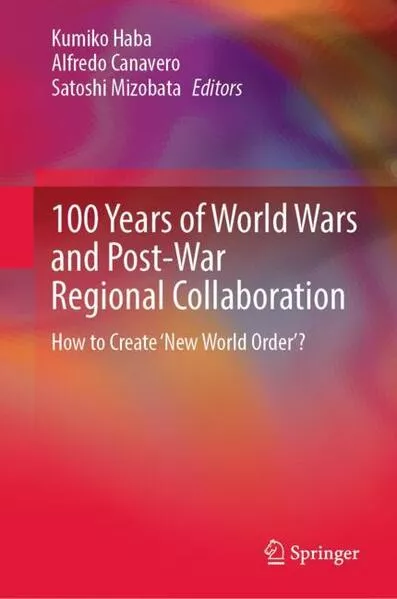
100 Years of World Wars and Post-War Regional Collaboration
How to Create 'New World Order'?
Through the two World Wars and the Cold War which originated in 100 years of the twentieth century, what types of regional institutions and governance have been developed to avoid endless wars and conflicts? In this book, it is examined, what kind of order is necessary to stabilize the regions from conflicts and wars in both Europe and Asia. The themes of the Tokyo Conferences and the Kyoto Conference by SCJ (Science Council of Japan) in December 2020, were investigated and clarified, how the countries that were caught up in global wars have considered regional coexistence in each period, and how to establish peace, stability, and prosperity by means of new institutionalizations, norms and the rule of law. The aim of the authors is to examine and discuss How to create New World Order, Regional Collaborations and Good Governance in the historical power transition period. This book can inspire many scholars and young researchers to join in discussing how to create New World Order in the twenty-first century, from the midst of the unstable situations of the global geopolitics.
Unterstütze den lokalen Buchhandel
Nutze die PLZ-Suche um einen Buchhändler in Deiner Nähe zu finden.
Bestelle dieses Buch im Internet
| Veröffentlichung: | 27.01.2023 |
| Seiten | 395 |
| Art des Mediums | E-Book [Kindle] |
| Preis DE | EUR 181.89 |
| Reihe | History (R0) |
| ISBN-13 | 978-9-811-69970-2 |
| ISBN-10 | 9811699704 |
Über den Autor
Kumiko HABA is a Professor Emeritus at Aoyama Gakuin University, President of the EUSA Asia Pacific (2017), Vice President of International Studies Association (2016-17), Vice President of ISA Asia Pacific (2018-21) and now President of ISA Asia Pacific (2021-24). She is the Director of Institute for Global International Relations, Jean Monnet Chair of the European Union, Member of Science Council of Japan(2011-17), and Associate Member of SCJ(2017-23). She was a Visiting Scholar at Harvard University (2011-12), European University Institute (2007), Sorbonne University (2004), University of London (1996-97) , and Hungarian Academy of Science (1995-96, 2002). Her specialty is International Relations, comparative studies between EU and Asian region, immigrant issues, and making peace and prosperity in conflict regions. She wrote 71 books (including editor and co-writer), 14 English books (including proceeding books), and 210 articles. Contemporary main works/books include the following:・Brexit and After, Perspectives on European Crises and reconstruction from Asia and Europe, (Editors) Springer, 2021, Encyclopedia of Central and East European Culture, (Representative Editor)Maruzen, 2021, Immigrants, Refugees and Minorities; Origin of European Populism, (Ed.), Sairysha, 2021, European Division and Integration, European Nationalism and Borders, Inclusion or Exclusion, Chuo Koron Shinsha, Tokyo, 2016,・(Ed.), International Society in Great Transition era, Low and Culture Publishers, Tokyo, 2019.・ (Editors), The Unwinding of the Globalist DreamーEU, Russia and China, World Science, London, 2017. Asian Regional Cooperation in the Global Era, Iwanami Publishers, 2012 (Translated into Chinese). Asian Regional Integration, To avoid Wars, Akashi Publishers, 2017.
Alfredo CANAVERO was born in Milan in 1948 and took a degree in Political Sciences at Milan Catholic University of Sacred Heart in 1970. He was Assistant professor of History of International Relations (1974-1980). Afterwards he has been teaching Contemporary History since 1977 at Milan State University, as Associate professor (1980) and then as full professor (2001). He is interested in Contemporary Italian History, History of Church and of Catholic movement, History of European Integration and History of Italian Foreign Policy. He was a member of the Scientific Committee of Historical Dictionary of Italian Catholic Movement (Marietti) and coordinator, with Jean-Dominique Durand (University of Lyon III), of an international research program on the role of Churches in political, social and economic life of Europe ("The Europe of Religious Spaces), in the frame of a larger group ("Spaces and Times of Europe") directed by Robert Frank (University of Paris I, Sorbonne). He was also Director of the Centre for the Studies of Foreign Policy and Public Opinion (Milan State University) and is General Secretary of the Commission of History of International Relations, affiliated to the World Congress of Historical Sciences. He gave papers during World Congresses of Historical Sciences from 1995 to 2015.
Satoshi Mizobata is Professor Emeritus and at the Kyoto Institute of Economic Research, Kyoto University, Japan. He is Council member of Science Council of Japan. He was awarded his degree of doctor in Economics at Kyoto University in 1997. He has investigated planned economies and transition economies based on the firm structure and corporate governance. He is chief editor of ISI-cited Journal of Comparative Economic Studies and contributes to editing of some other international journals. He is a member of the executive board of the European Association for Comparative Economic Studies. His recent publication: State-led innovation and uneven adaptation in Russia, in Steven Rosefielde ed., Putin’s Russia: Economy, Defense and Foreign Policy, World Scientific, 2020.
Diesen Artikel teilen
0 Kommentar zu diesem Buch
.... weitere Publikationen von Springer Singapore
Kinderbuch »Lasse und Juna - Total versteinert!« – Wikingerabenteuer mit Mut, Freundschaft und Entdeckergeist
Bewerbungsfrist bis zum: 05.03.2026